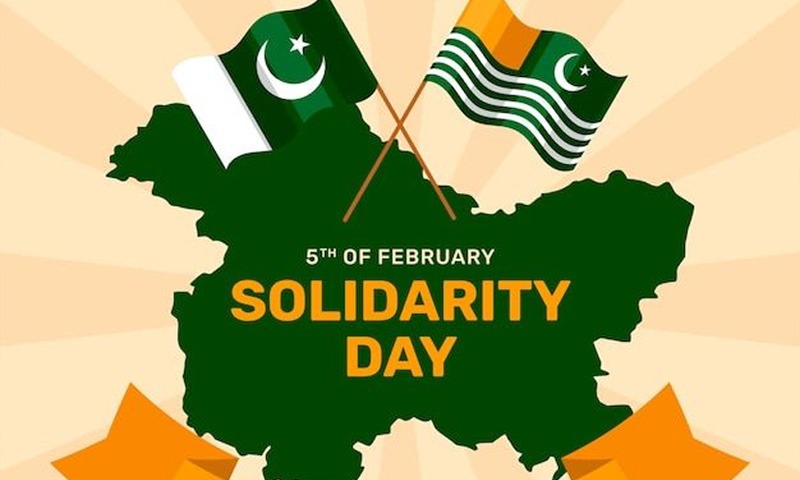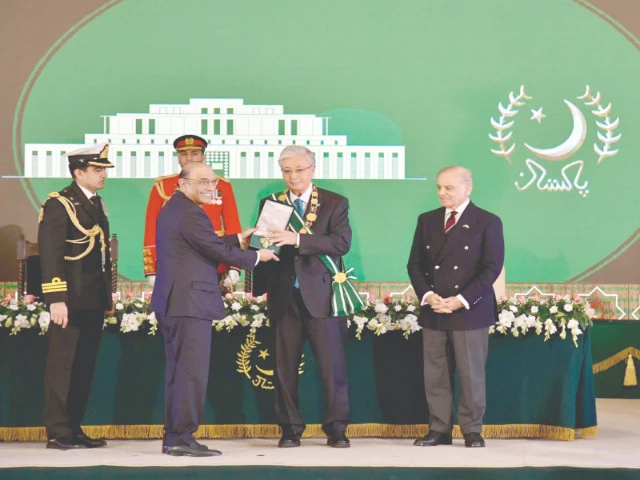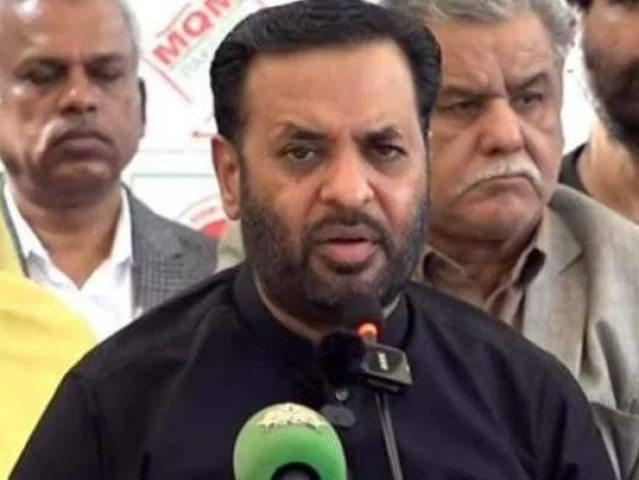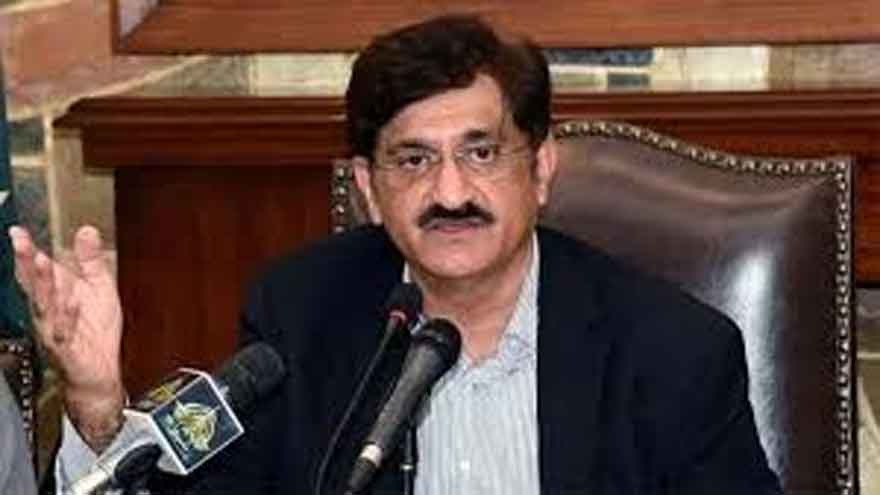Islamabad: Kashmiri activists hailing from different walks of life are calling for year-round solidarity, warning against “one-day activism” ahead of February 5 Kashmir Solidarity Day observances.
A virtual event organized by…

Islamabad: Kashmiri activists hailing from different walks of life are calling for year-round solidarity, warning against “one-day activism” ahead of February 5 Kashmir Solidarity Day observances.
A virtual event organized by…

The Jammu and Kashmir dispute is not merely a territorial contest between two nuclear-armed neighbours; it reflects the unfinished agenda of the Indian subcontinent’s partition. For more than seven decades, Indian control has…

President Asif Ali Zardari confers Nishan-e-Pakistan on his Kazakh counterpart Kassym-Jomart Tokayev during a special investiture ceremony held at Aiwan-e-Sadr in Islamabad, as Prime Minister Shehbaz Sharif looks on. Photo: APP

MQM-P leader Mustafa Kamal addressing a press conference in Karachi on Thursday, Jan 22, 2026. SCREENGRAB

KARACHI (Web Desk) – Sindh Chief Minister Murad Ali Shah said that everyone has the right to protest and hold rallies, but no one will be allowed to block roads under the guise of freedom of expression.
Speaking to…
